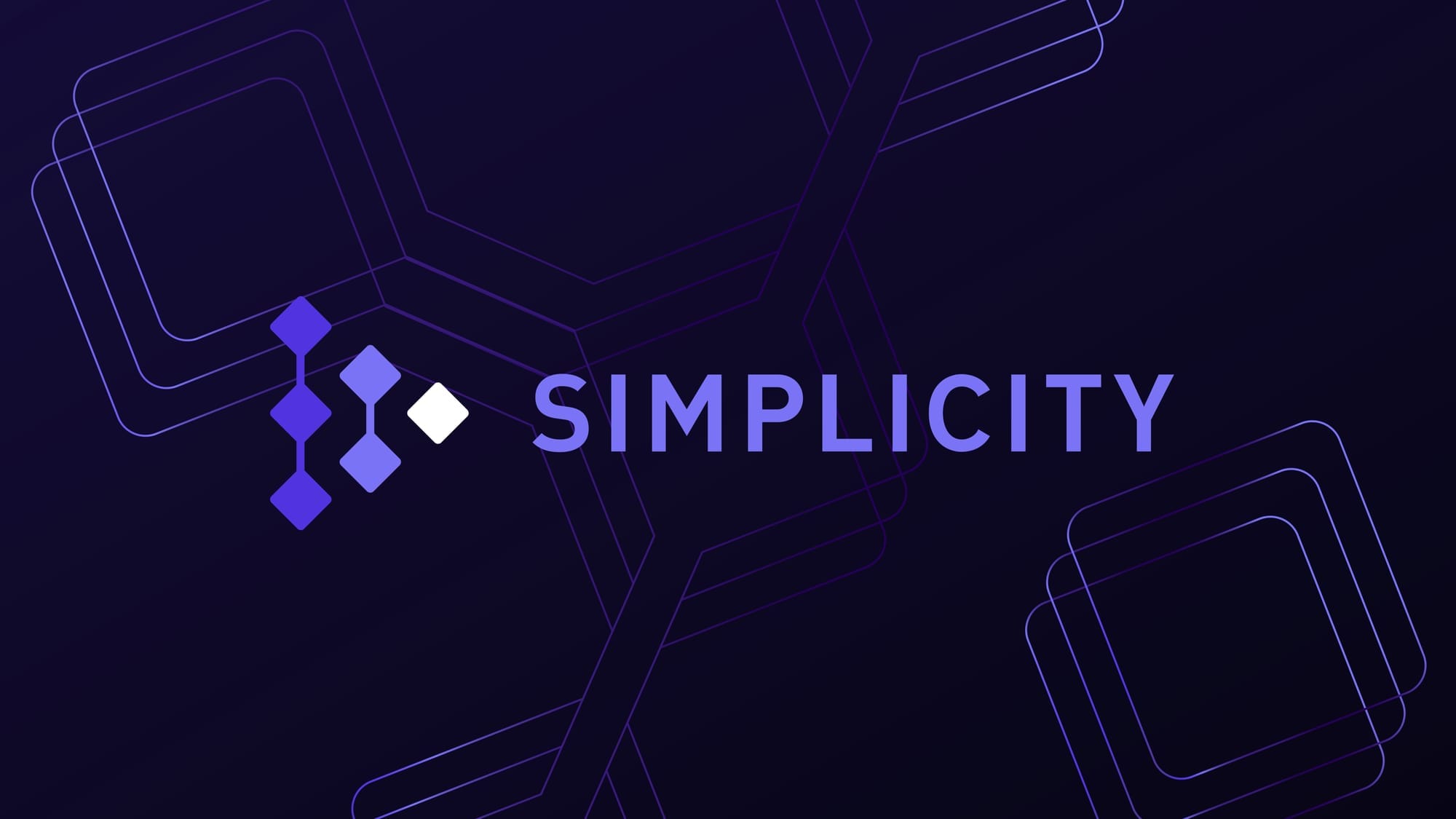On October 9th, Simplicity, a new smart contracting language, was activated on the Liquid testnet.
The project, which began with the release of a whitepaper in 2017, aimed to develop a smart contracting language that could provide greater expressiveness and stronger safety assurances than Bitcoin Script and Ethereum's EVM.
After seven years of research and development, the team has now transitioned Simplicity into a language that is operational and ready for practical testing on the Liquid testnet.
Seven years in the making, amazing work from @blksresearch team. If Simplicity/Simfony is successfully demonstrated on Liquid for a time and eventually made its way to Bitcoin mainchain, this would be a game changer for Bitcoin expressivity.
As it brings the functionality of… https://t.co/mlYi775hOR pic.twitter.com/mrZ4N1fRqF
— Chase (@prochronist) October 10, 2024
As part of this development, a complementary programming language called Simfony was also created.
Simfony is designed to make Simplicity more accessible to developers, featuring a syntax similar to the Rust programming language while maintaining compatibility with Simplicity.
It abstracts some of the more complex aspects of Simplicity’s functional programming approach, aiming to streamline the process of writing contracts.
The team also plans to introduce an optimizing compiler that will uphold Simplicity's focus on formal verification.
Samson Mow, CEO of JAN3, highlighted that Simplicity has the potential to solve long-standing debates within the Bitcoin community.
According to Mow, Simplicity could eliminate the need for incremental protocol changes, such as proposals for covenants or drivechains, as it enables a broad range of functionalities natively.
This flexibility means that rather than implementing separate upgrades over time, Simplicity could allow Bitcoin to support new features like covenants and extension blocks without requiring additional consensus changes.
He noted that this would provide a more sustainable approach, where “everything can be done in Simplicity,” making it possible for developers to build a wide range of solutions within a single framework.
Mow noted that Blockstream, the company behind Simplicity, had initially aimed for a 2020 release.
When Simplicity? Target for availability on the #LiquidNetwork in 2020. pic.twitter.com/OxOT76kqex
— Samson Mow (@Excellion) September 13, 2019
Although the project was delayed, he expressed optimism that the language is nearly there and ready for broader developer engagement.
Michael from Boltz commented that writing smart contracts in Simfony and Simplicity should be thought of as “composing Simfony,” emphasizing the creative potential of the new language.
I think we can all agree that the term for using Simplicity should be “composing Simfony” https://t.co/1GdlpYVkZ0
— Michael (@michael1011at) October 11, 2024
In the upcoming weeks, the project team will release additional tools and documentation, enabling developers to experiment with both Simplicity and Simfony.
Early Access to Simfony
For developers interested in exploring the new language, a web IDE is available for writing and testing Simfony smart contracts.
This IDE includes example programs that demonstrate the capabilities of Simplicity, showcasing scenarios that go beyond the current limitations of Bitcoin Script.
The platform also offers tools for managing public keys and generating testnet addresses.
This month’s TABConf conference will feature a workshop focused on setting up an Elements node.
Participants will have the opportunity to configure a testnet node using information from liquidtestnet.com and access coins from a testnet faucet to interact with the blockchain via the web IDE.
More experienced developers can begin using the Simfony library or dive into the low-level Rust or Haskell implementations of Simplicity.
Those interested in engaging further with the development community can connect through IRC (##simplicity on Libera) or @blksresearch on X.
